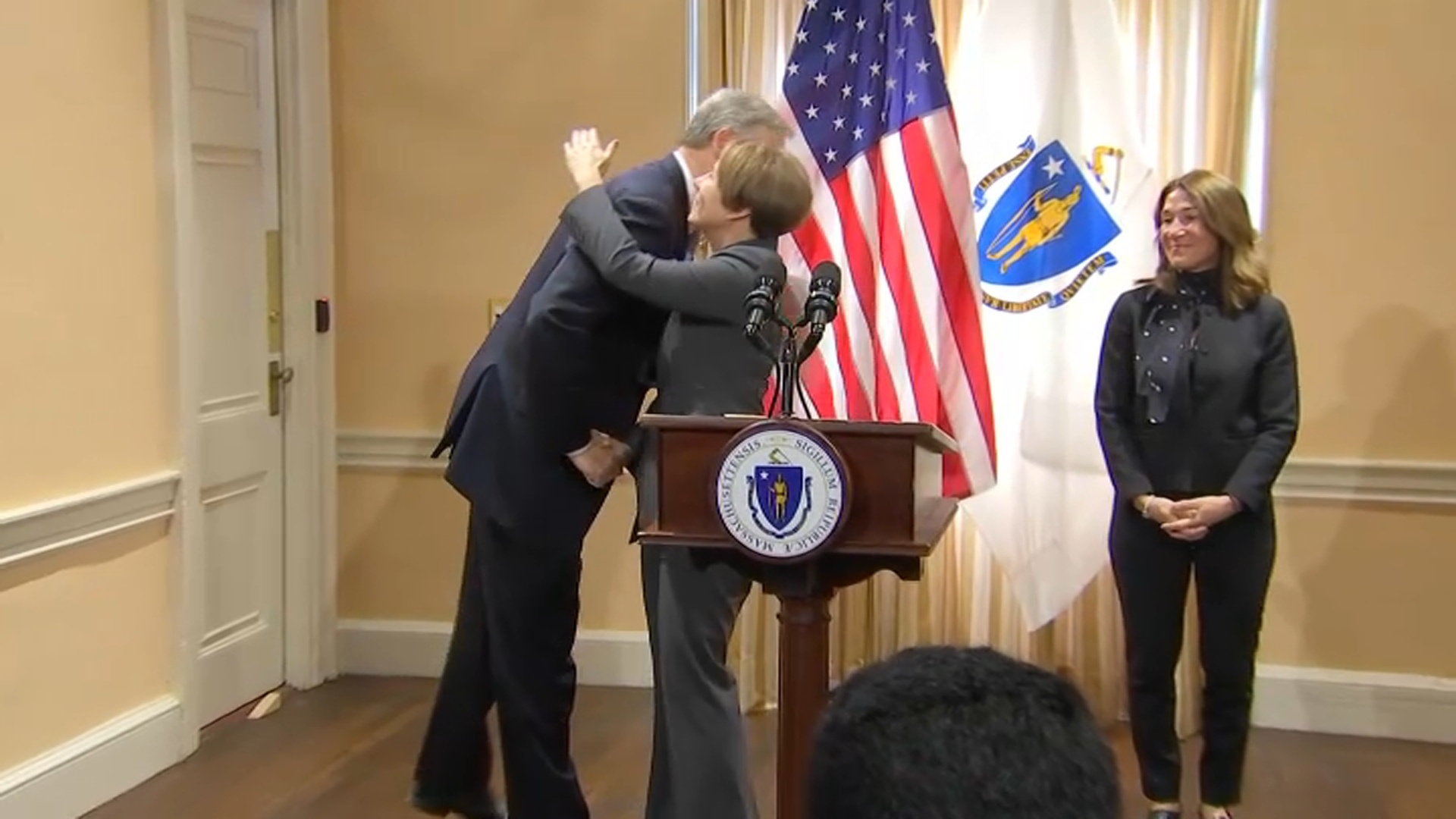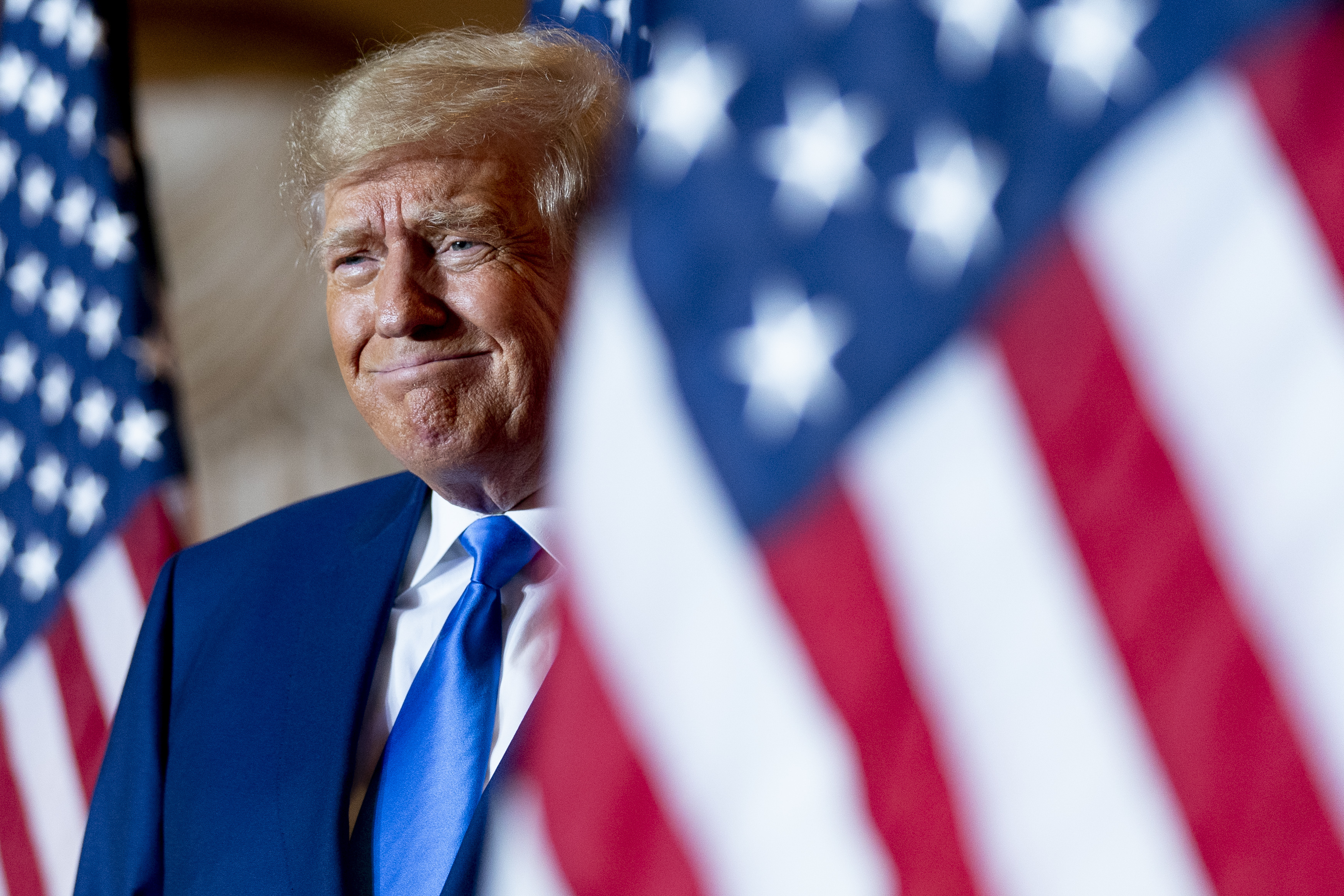Turnout among young voters in this week's election was the second highest for a midterm in 30 years, data shows.
According to day-after estimates from the Center for Information & Research on Civic Learning and Engagement, or CIRCLE, at Tufts University, 27% of people ages 18-29 turned out to vote in the 2022 midterm election, behind only the historic 31% turnout in 2018.
"We are seeing a really active generation that start to vote early, as soon as they're eligible to vote, and continue to vote throughout this generation," said CIRCLE Newhouse Director Kei Kawashima-Ginsberg. "This year's election though, really had a lot to do with the recent gun violence. Abortion access was another big issue that came up, especially after the Dobbs decision. The third issue that young people cared about, of course, was student debt cancellation. So, some of these issues are sort of perennial for young people and this generation, but a couple of things really came up as recent events, and the more real those issues are to their lives today, the more likely they're going to vote."
In House races across the U.S., 63% of youth voted for a Democrat and 35% for a Republican, CIRCLE said, citing a National Election Pool survey from Edison Research.
Get Boston local news, weather forecasts, lifestyle and entertainment stories to your inbox. Sign up for NBC Boston’s newsletters.
"Voters under the age of 30 voted Democrat by 28 percentage points. Over 60% of voters under 30 voted Democrat, and that was a catalyst that blocked the red wave in maintaining control of the Senate for Democrats," said John Della Volpe, Director of polling at the Harvard Kennedy School Institute of Politics.
Each party currently has 49 Senate seats after NBC News projected Democratic Sen. Mark Kelly of Arizona had won reelection Friday night. NBC News has not yet called the race in Nevada; in Georgia, the race between Democratic Sen. Raphael Warnock and Republican Herschel Walker is going to a December runoff. Democrats need to win one of those two remaining states to retain control of the Senate.
"This is the third cycle in a row where we've seen heightened interest among this generation of young voters Generation Z and young millennials. Over the last 40 years, roughly half as many young people participated in midterm elections than in this current era," said Volpe. "So when baby boomers, when Gen X-ers and when millennials were younger voters, only between 15 and perhaps 20-21%, at the most, voted in midterm elections."
Kawashima-Ginsberg said young people are also motivated by holding public officials accountable.
"Instead of prescribing to a major party and saying, 'You are a member of a Democratic or Republican Party, so I'm going to vote for you,' they're asking the question, 'What are you going to do for my community? And how are you going to make that promise into reality?' And that's how young people are continuing to vote to make sure they have a voice, even in the states where their individual votes don't count or have a pivotal influence on the outcome," she said.
Twenty-seven-year-old Kaitlyn Solares is a digital organizer who worked on the Yes on 4 campaign, asking voters to support a law allowing undocumented immigrants to apply for driver's licenses in Massachusetts.
"My philosophy is meeting people where they are, and for young people, that is online," Solares said. "Young people generally are not responding to emails or phone calls as much, so we reach out to them a lot via text and social media."
She adds that it's not enough to be on the platforms they are using, the content must be relevant and engaging, not just pandering.
"Anyone can post a funny meme. Anyone can make a funny graphic or put out a funny TikTok, but ultimately, if there is not a cause, or a value behind that that young people are supporting, then they find that to be really tone-deaf, and honestly, we'll call it out online," she said.
Solares says the key to earning and keeping the support of young people is including young people.
"That's how we got the type of turnout that we got this year, because young people are more and more empowered in these spaces, and they're fighting for things like climate change. They're fighting for things like debt relief, which we saw President Biden, you know, begin to offer, and that is motivating for young people."
At 17, Jennifer Gil Naranjo cannot vote yet, but this year, she worked on a campaign asking people in Massachusetts to vote yes on Question 1, imposing an additional tax on yearly income over $1 million.
"My main goal is to make sure that people vote for those who can't, for people to voice my voice when I'm not able to yet," said Gil Naranjo.
She helped with canvassing in neighborhoods like Dorchester, talking to voters about how the funds collected by the tax could impact them.
"A lot of people feel as if their vote isn't counted, but their voice is so important because the numbers do count," she said.
Jennifer Gil Naranjo is part of I Have A Future MA, a statewide community of youth grassroots organizers ranging in age from 13 to 20.
When she is able to vote, she says she will vote with her heart.
"If you love someone, vote for someone that won't take their rights. If you love someone, don't vote for someone who disagrees with their values or who you are," she said. "Personally, for me, what drives candidates, ballots, etc., I think of the people around me."



